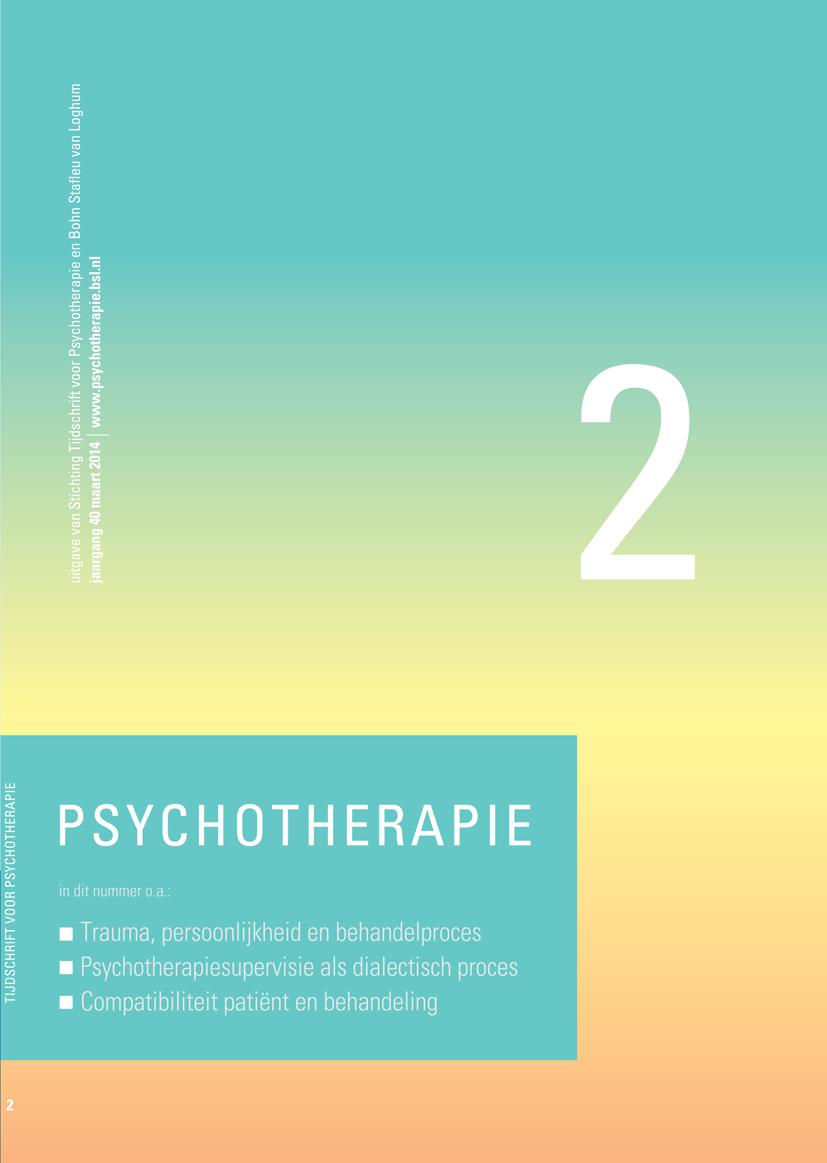Mohsen Edrisi Barbara Megens
• In the case-study of Ali, the writers illustrate how a structural approach, using a model of self-states, provides treatment for patients suffering from complex trauma experiences. In a process of discovery, identification and ultimately increasing integration of different self-states, the patient slowly reclaims control of his affects. The exploration of the connection between these self-states and earlier trauma exposes pain and suffering. Developing compassion for oneself and mourning over the loss and pain one has endured is a vital element in letting go negative, self-destructive introjections that often inhibit the recovery of playfulness and joy in life. Compassionate acceptance of the patient and his self-states plays a key role in the therapeutic environment. When patient and therapist do not share the same cultural background, the notion of this difference and the wish to get to know the other without coercion or judgement, is a crucial part of this acceptance.
Marijke Baljon
• Psychotherapy supervision is an educational method aimed at the personal development of supervisees in their professional capacity. It involves experiential learning. The practical experiences of the supervisee are the starting point and the supervisor has a coaching role. The primary function of supervision is its contribution to the treatment conducted by the supervised therapists. Supervisors have the difficult task to assess this. The tension between supporting the supervised therapists and evaluating the quality of their work is so delicate that in the literature the subject is only discussed hesitantly. In essence, it is a dialectical process, in which validating and confronting go hand in hand. The ethics behind the supervision relationship need to be further elaborated, to improve the quality of our education. This remains a great challenge. This article offers an overview of the key factors that determine the quality of supervision, reviewing the research into the effects of supervision on the way therapists operate and develop. The importance of a coherent educational theory is emphasized.
Michael van den Boogaard
• One of the primary issues for therapists delivering manual-based treatments is achieving sufficient compatibility between the theoretical model of the treatment provided and the patient’s beliefs about his illness and cure while fostering the therapeutic alliance. We report on the influence of achieving compatibility with therapist effectiveness in the treatment of patients with depressive disorders. We hypothesized that therapist effectiveness is associated with achieving compatibility and that there is a statistically significant variation in the ability of therapists to achieve compatibility. Results demonstrated that therapist effectiveness was significantly associated with the achieved compatibility. However, the relationship between therapist effectiveness and compatibility was not mediated by the therapeutic alliance.

